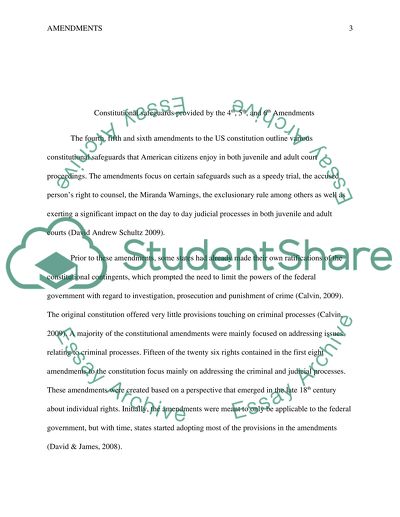Cite this document
(“Amendments Essay Example | Topics and Well Written Essays - 1250 words”, n.d.)
Amendments Essay Example | Topics and Well Written Essays - 1250 words. Retrieved from https://studentshare.org/law/1479849-amendments
Amendments Essay Example | Topics and Well Written Essays - 1250 words. Retrieved from https://studentshare.org/law/1479849-amendments
(Amendments Essay Example | Topics and Well Written Essays - 1250 Words)
Amendments Essay Example | Topics and Well Written Essays - 1250 Words. https://studentshare.org/law/1479849-amendments.
Amendments Essay Example | Topics and Well Written Essays - 1250 Words. https://studentshare.org/law/1479849-amendments.
“Amendments Essay Example | Topics and Well Written Essays - 1250 Words”, n.d. https://studentshare.org/law/1479849-amendments.


